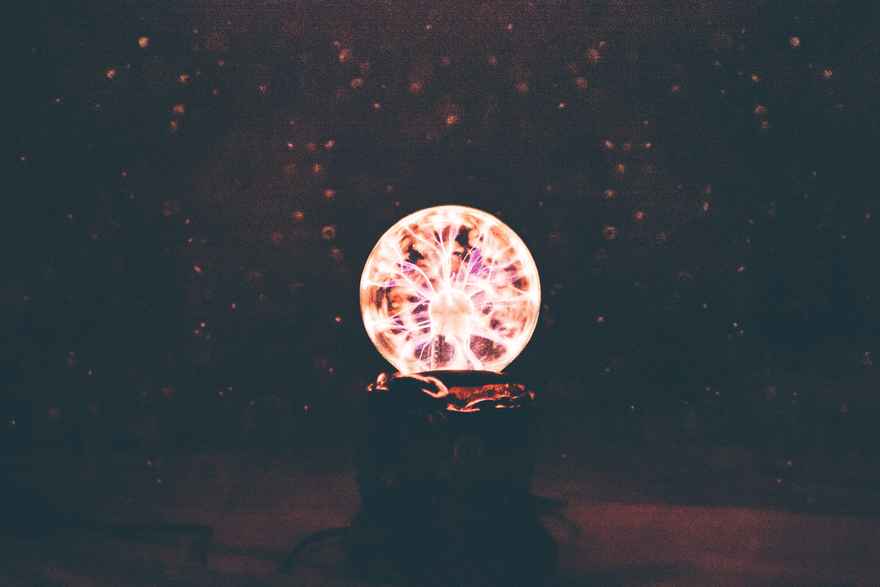Psychology of Magic

The Wellcome Collection held an exhibition in central London called the Psychology of Magic, which immediately catches the attention of anyone interested in magic tricks. Whether you watched the occasional show on TV when you were younger or were one of those kids who bought kits and demonstrated tricks for whoever would watch, this exhibition brought you right back to the fascination many of us have with the subject. Not only that, but it uncovers the history, evolution and psychology of magicians and magic shows, up to what we enjoy today on our TV screens. But what was more fascinating about this exhibition was the crossover presented between something like magic, which can be perceived as just another form of entertainment, with science, specifically the science of how the mind works. The exhibition presented three areas where magic and psychology intersect – Medium, Misdirection and Mentalism.
How did the exhibition do this?
The Medium section described the trend of spiritualism that existed in the 19th century. These trends can remind you of the kinds of things you see in horror movies today. Ouija boards, seances, levitation. It showed how this led to the magic shows we see on stage. Misdirection is all about how the mind works in relation to trickery. We perceive the magician made that card disappear, but in reality, our attention has been directed elsewhere. The misdirection of attention creates the illusion. Mentalism relates to modern day psychological studies on how the mind can be influenced by external forces. One of these is the power of suggestion – think Derren Brown! An incredibly eye-opening insight was how magic relates to science. Not only this, it's a field of study that's been influencing psychology and the neurosciences for hundreds of years. It has even led to scientific techniques we use today, such as placebos. Goldsmiths University, London, has a MAGIC Lab where such research takes place and the Science of Magic Association (SOMA) in the US holds conferences for people interested in the subject. Who knew that if you are in the field of Psychology or Neuroscience and looking to do something a bit different with your career, you could explore the world of magic and the mind?
If you are ready to take your career outside the lab and want to know how to start, book a Beyond the Lab Breakthrough Session here.
0 comments
Leave a comment
Please log in or register to post a comment